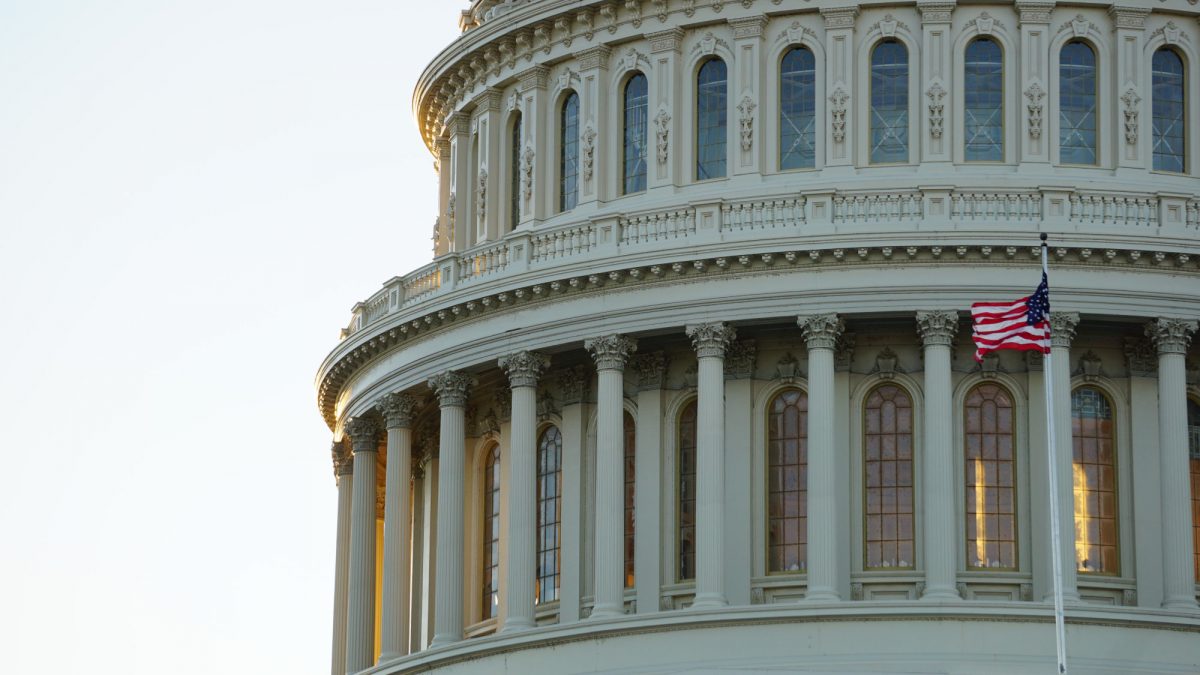A recently published pre-print titled ‘GDPR and the Lost Generation of Innovative Apps’ observes that a third of apps on the Google Play Store disappeared from this app store around the introduction of the GDPR in May 2018. The authors deduce ‘that GDPR is the cause’. The effects of the GDPR on the app economy are an important field to study. Unfortunately, the paper currently lacks a control condition and a key variable. As a result, the effects on app exits reported in the paper are likely overestimated, as we will discuss. We believe there are other factors which may better explain these changes in the Play Store aside from the GDPR.
The Cost of the GDPR for Apps?






